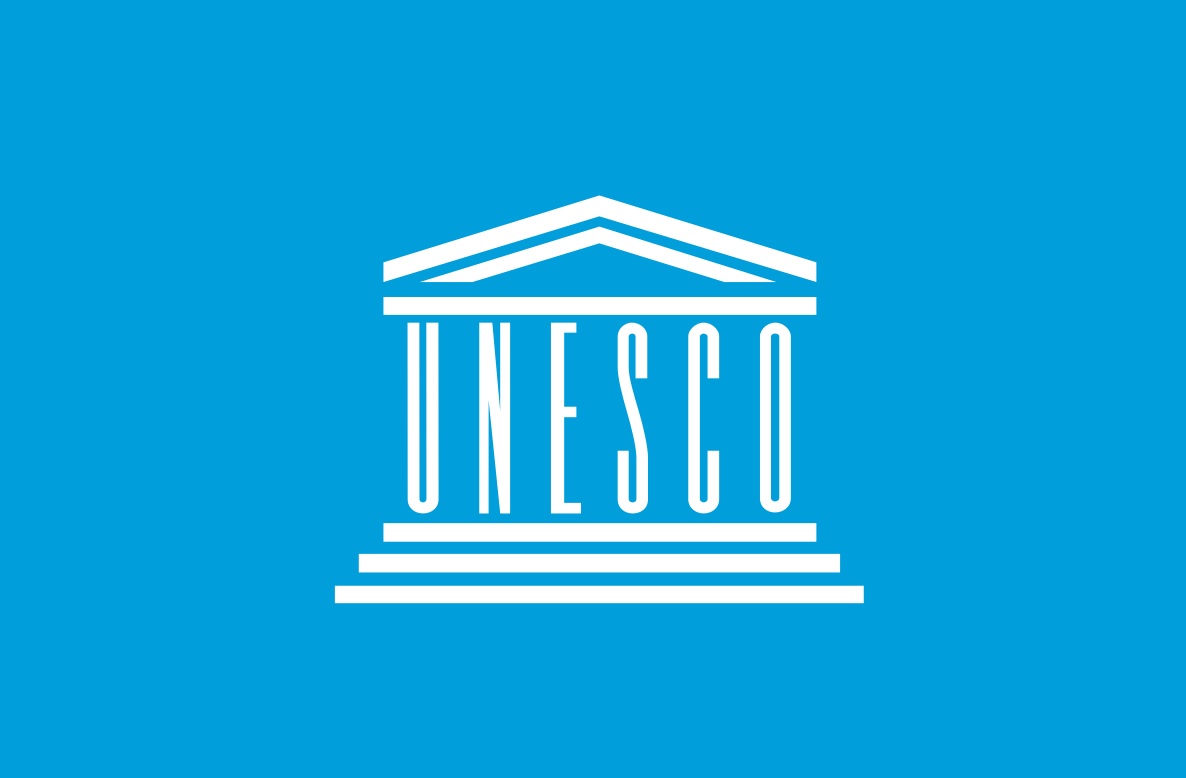ISLAMABAD, Nov 07 (APP):UNESCO, in collaboration with Media Foundation 360, has started consultations in Pakistan aimed at developing a comprehensive Media and Inf
ormation Literacy (MIL) strategy.
This initiative seeks to strengthen citizens’ critical thinking skills and responsible engagement in the
digital age, said a UNESCO press release here.
The inaugural session took place at the Department of Digital Media, University of the Punjab Lahore, with experts from various fields discussing approaches to promote responsible media use.
The consultation gathered participants from government, media, academia, and civil society to shape a draft strategy on Media and Inf
ormation Literacy. They discussed UNESCO’s framework, which provides tools for individuals to analyze inf
ormation critically, especially in combating disinf
ormation and harmful online content. This framework aligns with Pakistan’s Digital Vision and National Education Policy, aiming to boost
digital literacy and support informed decision-making across the country.
The Lahore consultation marks the start of a series of discussions across districts in Pakistan, inviting insights from a range of stakeholders.
The opening session included remarks from key figures such as Syed Tahir Raza Hamdani, Secretary of Inf
ormation and Culture, Punjab; Professor Dr. Muhammad Ali, Vice Chancellor of the University of the Punjab; and renowned journalist Mujib ur Rehman Shami, Chief Editor of ‘Daily Pakistan’. T
hey highlighted the importance of MIL in fostering ethical online engagement and social cohesion.
Dr. Savera Shami, Chairperson of the Department of Digital Media and lead on the MIL strategy, outlined the consultation’s goals, while Hamza Khan Swati from UNESCO reaffirmed the organization’s dedication to
digital transf
ormation in Pakistan.
The consultation included three key sessions, focusing on how to balance media empowerment with regulation, integrate
digital literacy into Pakistan’s diverse cultural landscape, and promote inclusivity through locally relevant content.
Recommendations from participants emphasized raising awareness among young people, adapting MIL in the education system, and enhancing media credibility through transparency. They also proposed that museums, libraries, and cultural centers serve as active hubs for inf
ormation-sharing.
These consultations are part of a broader effort by UNESCO to develop a
digital environment where Pakistani citizens can make informed choices and responsibly navigate the
digital world.
